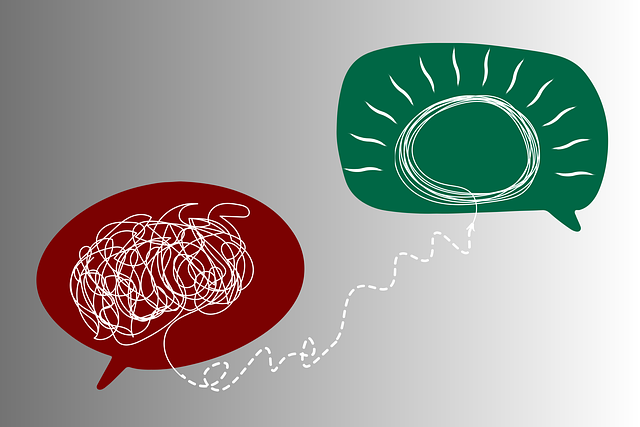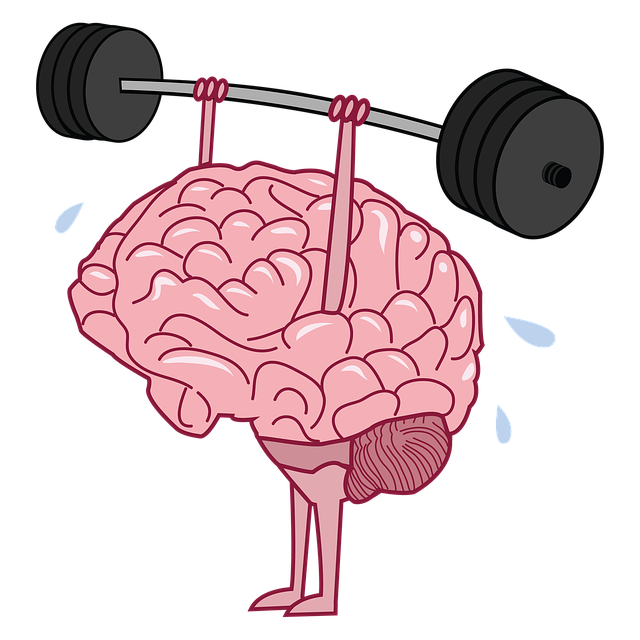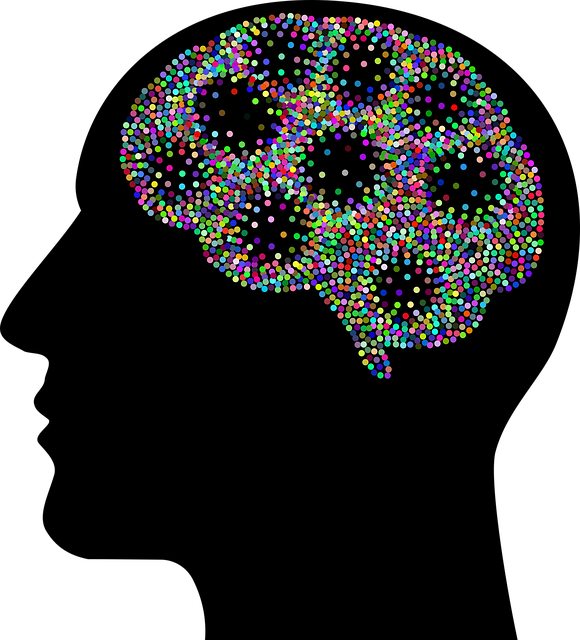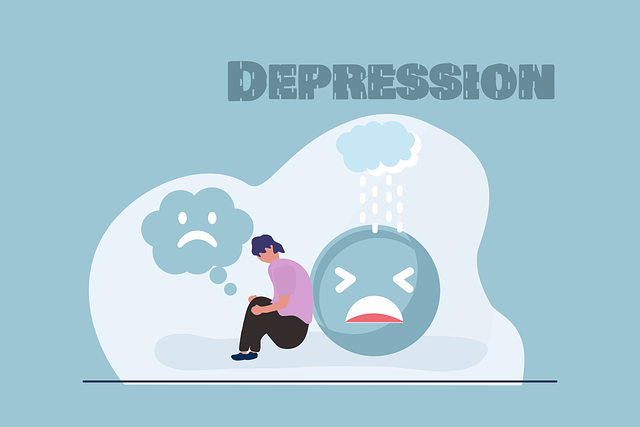Longmont Dissociative Disorder Therapy emphasizes teaching clients effective coping skills to manage symptoms, reduce stress, and prevent relapse. This includes mindfulness practices, relaxation exercises, cognitive reframing, and emotional regulation methods. Self-awareness and introspection are crucial for identifying personal coping mechanisms, with activities like journaling and mindfulness aiding in this process. Integrating these skills into daily routines, such as structured schedules and communication strategies, enhances stability and connection, improving mental well-being with the help of Longmont dissociative disorder therapy specialists.
In the realm of mental health, coping skills development is a pivotal aspect of treating complex conditions like Longmont Dissociative Disorder (LDD). This article delves into the profound impact of enhancing coping mechanisms in LDD therapy. We explore strategies to understand and identify personal coping mechanisms, emphasizing self-awareness as a catalyst for change. Furthermore, it offers practical guidance on building effective coping strategies tailored to LDD management. Discover tips and techniques to integrate these skills seamlessly into daily life, empowering individuals to navigate challenges with resilience.
- Understanding Coping Skills and Their Significance in Longmont Dissociative Disorder Therapy
- Identifying Personal Coping Mechanisms: A Journey into Self-Awareness
- Building Effective Coping Strategies for Longmont Dissociative Disorder
- Integrating Coping Skills into Daily Life: Tips and Techniques
Understanding Coping Skills and Their Significance in Longmont Dissociative Disorder Therapy

Coping skills are essential tools in managing mental health conditions, particularly in Longmont Dissociative Disorder Therapy. This therapeutic approach recognizes that individuals with dissociative disorders often struggle with coping mechanisms due to the nature of their condition, which involves episodes of dissociation or a disconnect from reality. By learning and practicing effective coping strategies, patients can navigate these challenging experiences and improve their overall well-being.
In Longmont Dissociative Disorder Therapy, therapists focus on teaching clients various techniques to manage symptoms, reduce stress, and prevent relapse. These skills include mindfulness practices, relaxation exercises, cognitive reframing, and healthy coping mechanisms for emotional regulation. For instance, empathy-building strategies can enhance the therapeutic process, allowing healthcare providers to offer support while understanding the patient’s unique perspective. Additionally, burnout prevention techniques are crucial, as caregivers and healthcare professionals supporting these patients may also experience high-stress levels. Effective coping skills not only benefit the individuals with dissociative disorders but also foster a supportive environment for both patients and their care teams.
Identifying Personal Coping Mechanisms: A Journey into Self-Awareness

Identifying personal coping mechanisms is a crucial step on the journey to enhancing mental wellness. This process begins with self-awareness—a deep exploration into one’s thoughts, emotions, and behaviors. For individuals dealing with dissociative disorders in Longmont or seeking Longmont dissociative disorder therapy, this awareness becomes an essential tool for managing symptoms and navigating life’s challenges. By understanding their unique triggers and stress responses, they can start to recognize the coping strategies that work best for them.
This journey often involves introspection, where one reflects on past experiences and identifies patterns of behavior. It might include keeping a journal to track moods, practicing mindfulness to stay grounded in the present moment, or exploring creative outlets as a means of expression. Mental health education programs design activities that encourage this self-discovery, empowering individuals to develop effective communication strategies for managing their mental health.
Building Effective Coping Strategies for Longmont Dissociative Disorder

Coping with Longmont Dissociative Disorder requires tailored strategies to manage its unique challenges. Therapy plays a pivotal role in developing effective coping mechanisms, addressing the core issues and symptoms associated with this disorder. Through specialized treatment, individuals can learn valuable empathy-building strategies, which foster understanding and connection, often lacking in dissociative experiences.
Longmont Dissociative Disorder therapy encourages mood management techniques to regulate emotional states, promoting stability and a sense of control. Self-awareness exercises are integral to this process, helping individuals recognize and accept their feelings, thoughts, and triggers. By fostering self-awareness, one can develop proactive coping strategies, enhancing overall resilience and well-being.
Integrating Coping Skills into Daily Life: Tips and Techniques

Integrating coping skills into daily life is a crucial step for anyone, especially those managing conditions like dissociative disorder. Longmont dissociative disorder therapy offers practical techniques to empower individuals in their mental health journey. One effective strategy is to adopt a structured routine; setting regular times for meals, exercise, and sleep can provide a sense of stability and control. Additionally, practicing mindfulness through meditation or deep breathing exercises helps to stay grounded in the present moment, reducing dissociative episodes.
Communication strategies are also vital. Social skills training teaches individuals how to express their needs and boundaries effectively, fostering healthier relationships. Engaging in community outreach program implementations can further enhance support networks, offering a sense of belonging and understanding. Incorporating these techniques into daily life may seem challenging initially, but with persistence and professional guidance from Longmont dissociative disorder therapy specialists, individuals can develop resilience and improve their overall well-being.
Coping skills development is a pivotal aspect of managing Longmont Dissociative Disorder (LDD) therapy. By understanding and identifying personal coping mechanisms, individuals can build effective strategies to navigate life’s challenges. Integrating these skills into daily routines enables a greater sense of control and well-being. Through self-awareness and practical techniques, those affected by LDD can enhance their resilience, ensuring they are equipped to handle symptoms and lead fulfilling lives.














